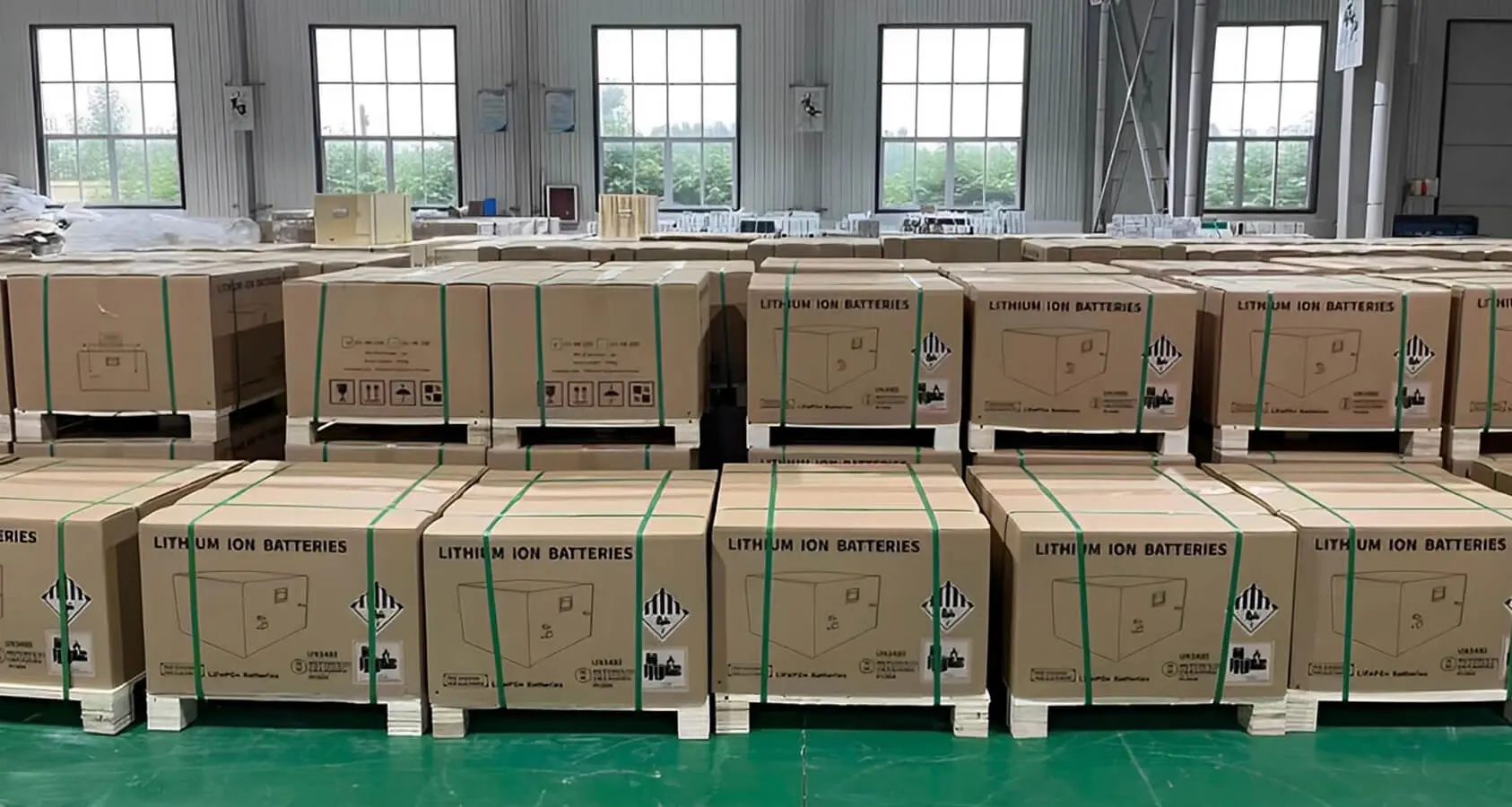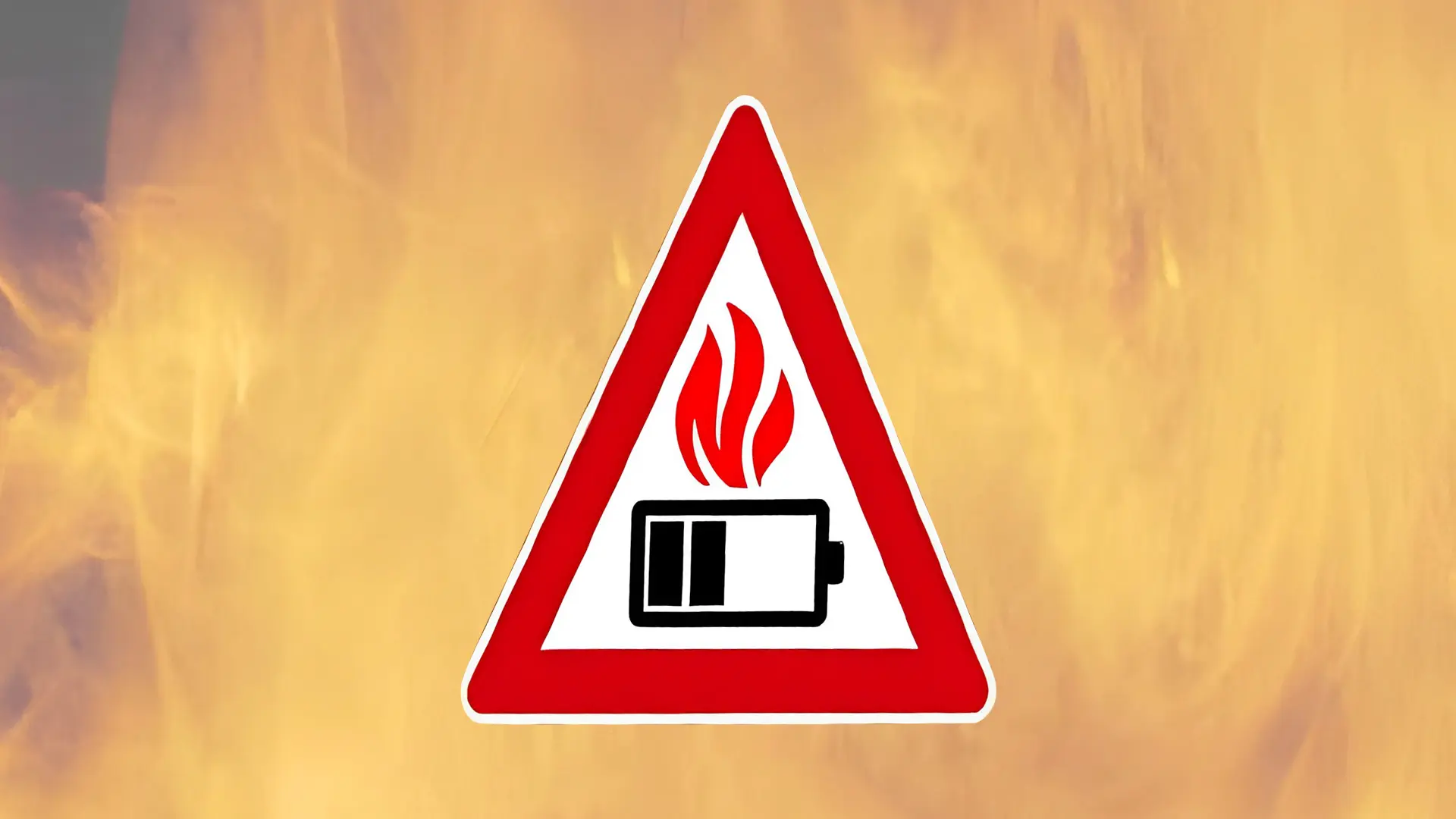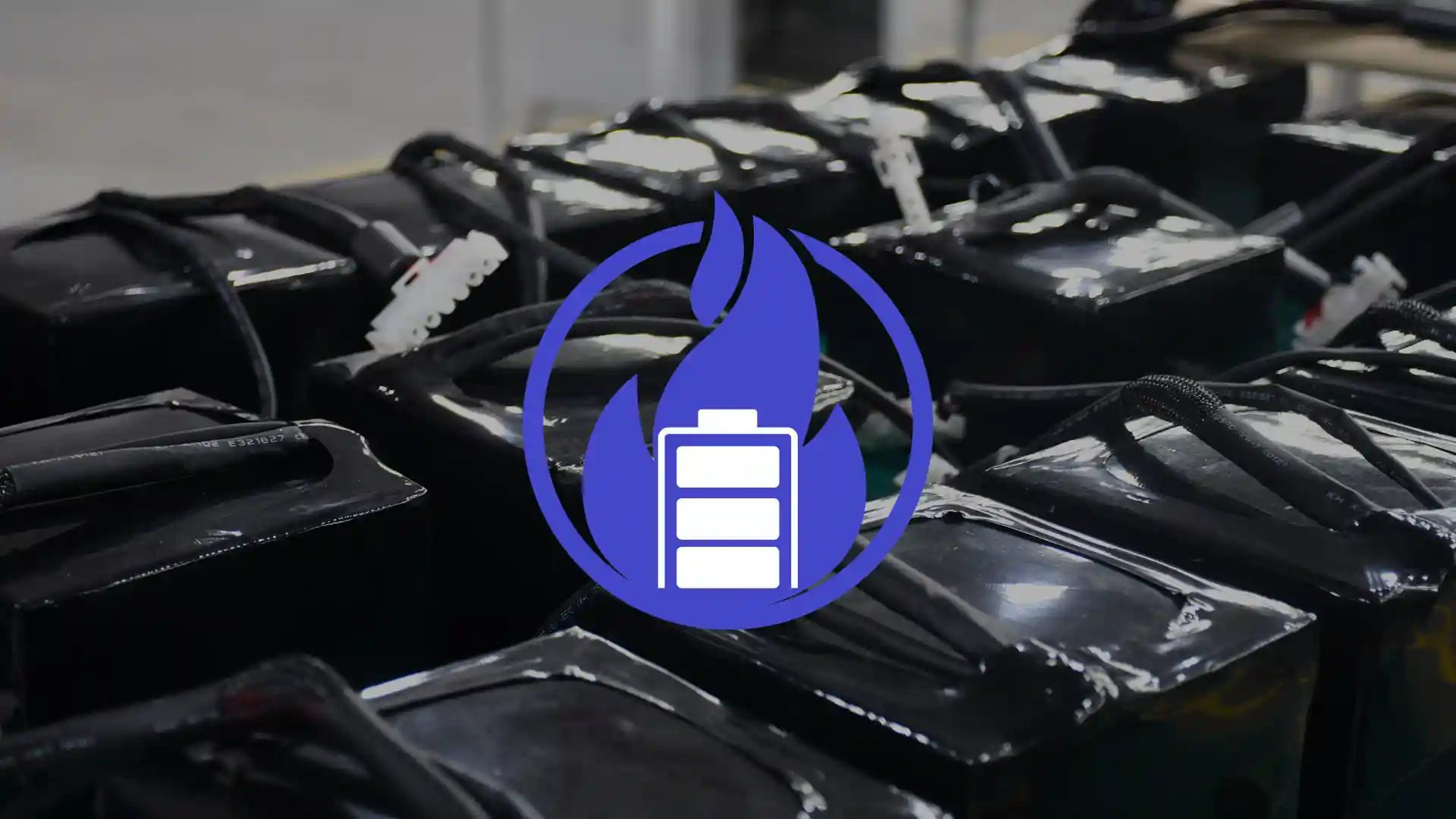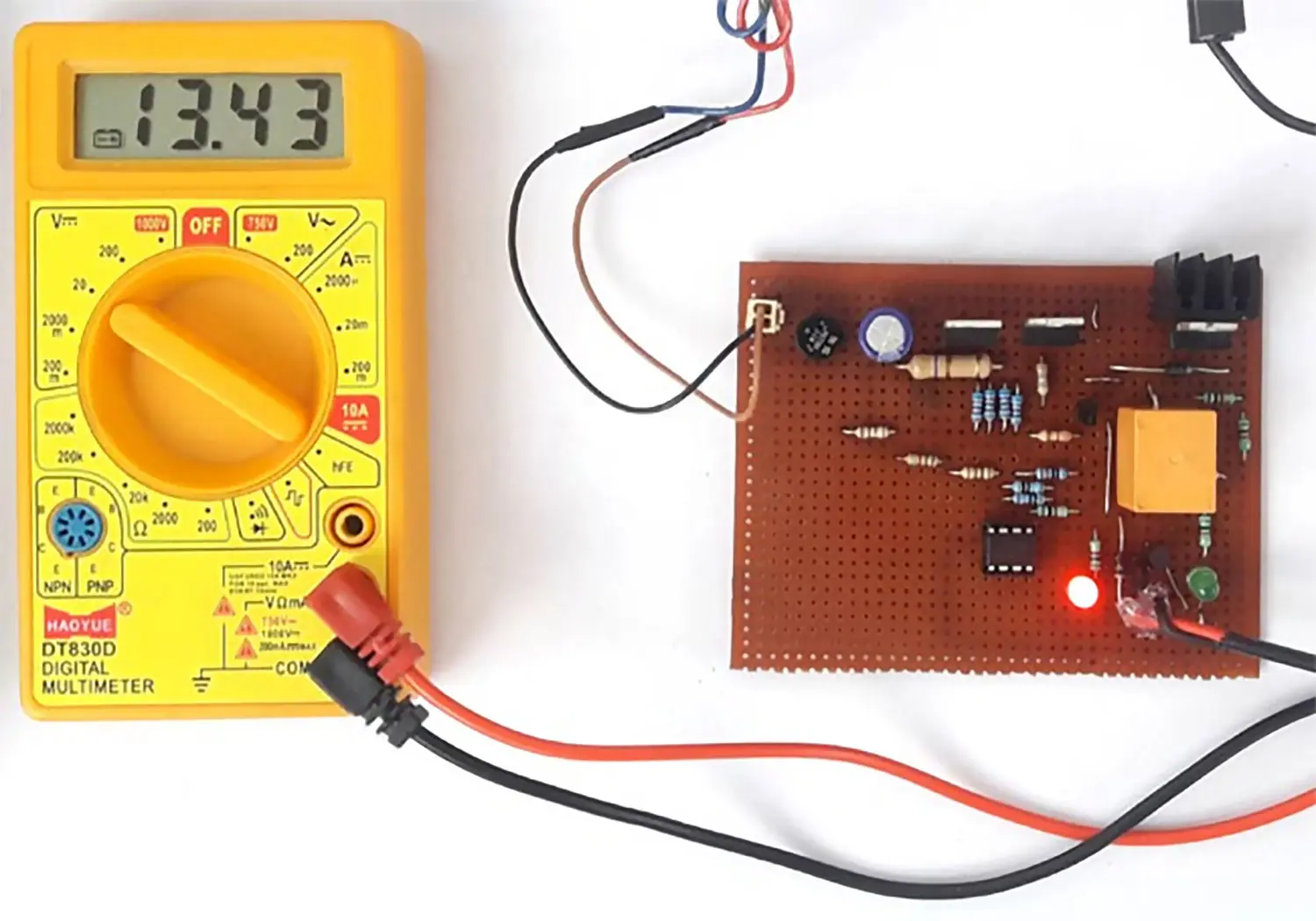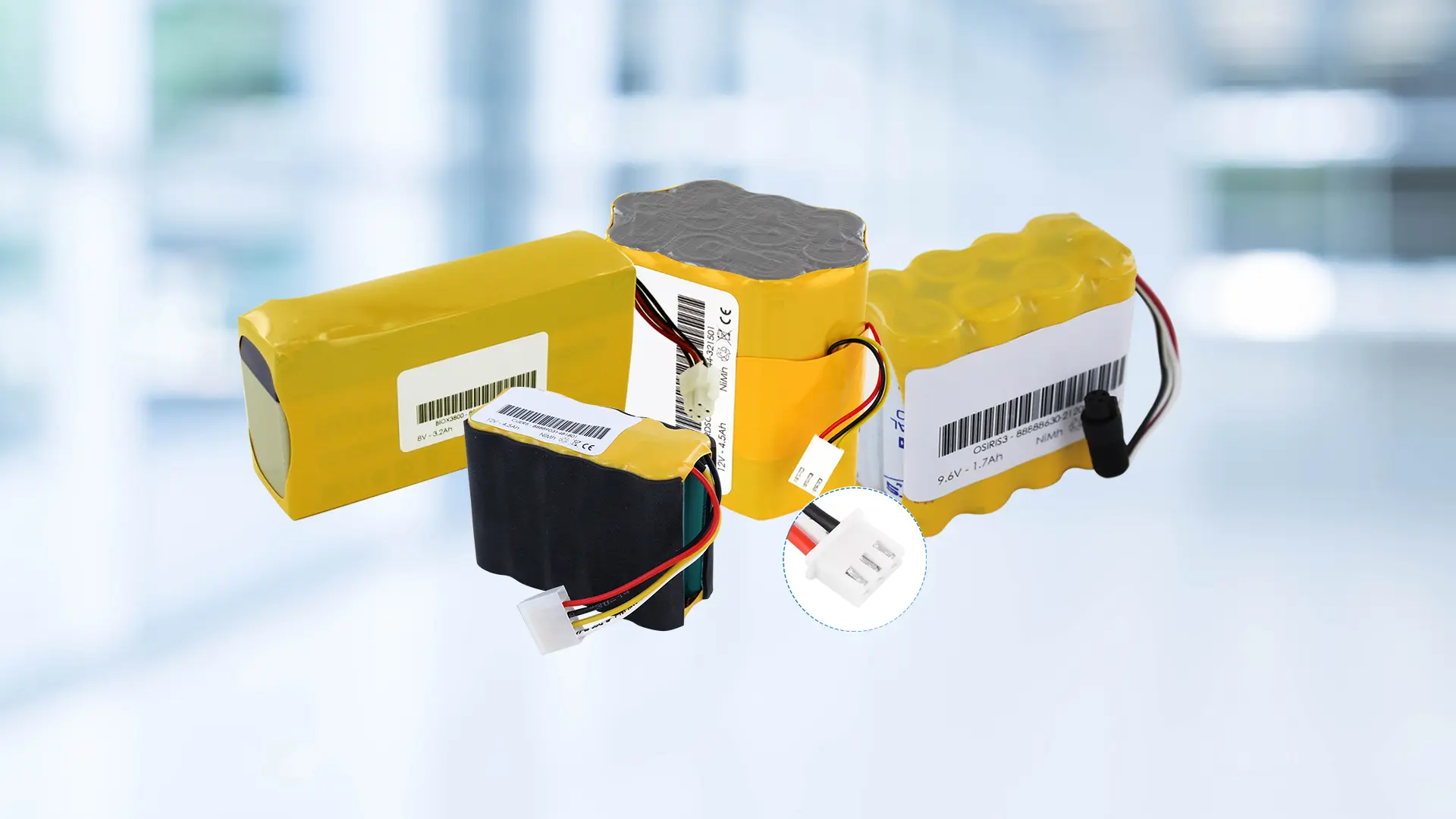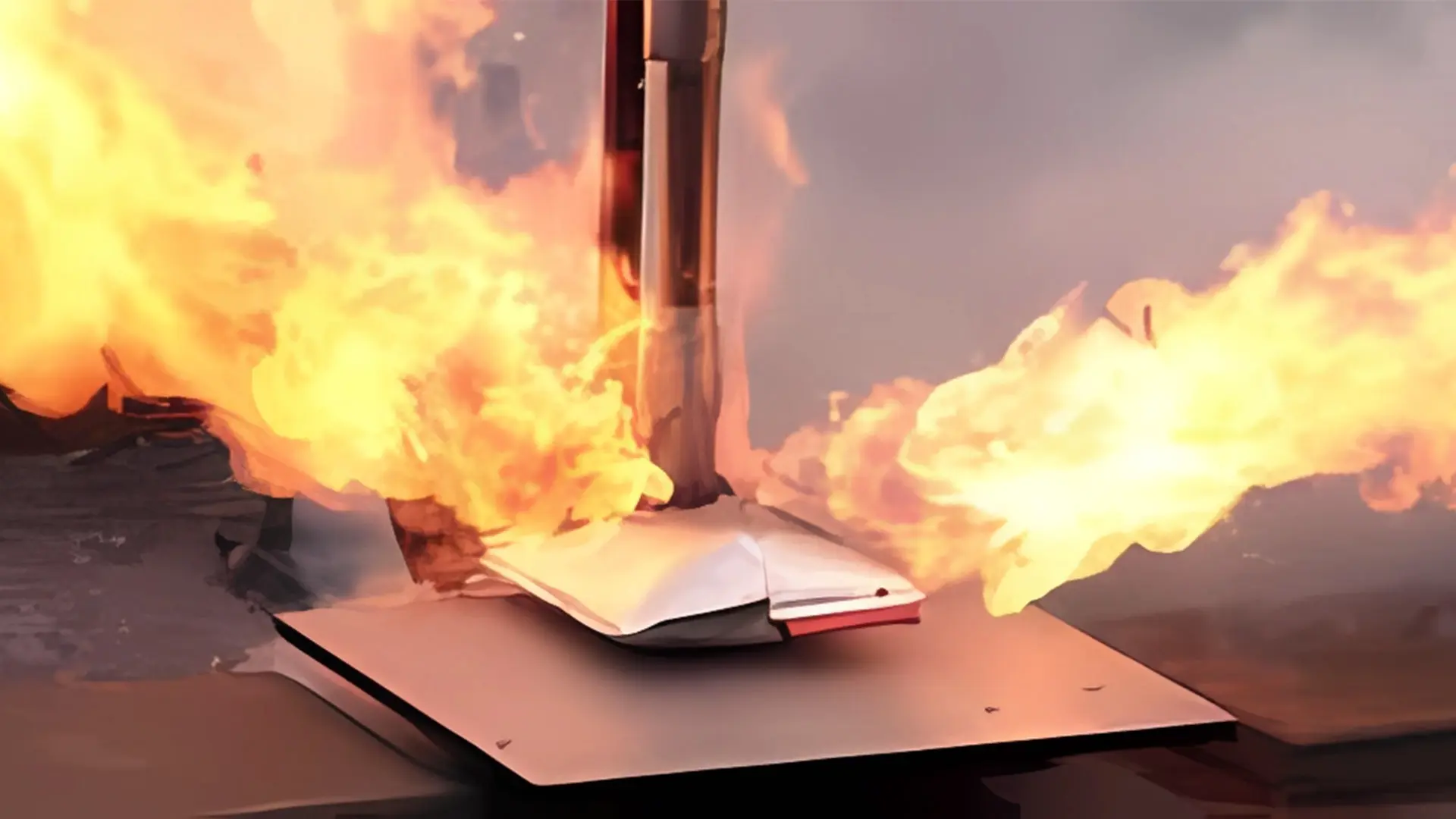It’s no wonder that technology changes our lives. We would like to take electronic devices with lithium battery packs on airlines. However, international airlines have published more strict rules about travel safety. Getting more knowledge about carrying lithium battery packs on planes is important. That makes your travel a more convenient and a better experience.
Don’t worry, in this whole article, we will answer all your confusion and provide you with all the information you need about lithium battery packs on planes.
Are Lithium Battery Packs on Planes Allowed to Take?
Yes, lithium battery packs can be carried on planes, but with some limitations. It’s all about protecting everyone’s safety on the plane.
Lithium battery packs are permitted in carry-on luggage by the Transportation Security Administration (TSA), but they must be packaged in their original packaging and placed in a separate container for screening. The TSA also limits the amount of lithium battery packs you can bring on board based on their watt-hour (Wh) rating:
- Each passenger can carry up to two backup lithium ion batteries with a Wh rating of 100 or less.
- One spare lithium-ion battery with a Wh rating of greater than 100 but not more than 160 per passenger.
- Each passenger carries two backup lithium metal batteries.
Lithium battery packs, which are often used in personal electronic devices such as smartphones, tablets, and laptops, are acceptable for both carry-on and checked luggage as long as they carry out defined airport and safety standards. However, the TSA recommends that you pack these devices in your carry-on luggage whenever possible.
If you have a lithium battery pack that the TSA won’t allow, you may be able to request an exemption from the airline. However, you must call the airline ahead of time to request an exception and submit proof regarding the battery pack.
It should be noted that requirements for flying with lithium battery packs may differ from one nation to the next. Before you fly, always check with the TSA and the airline to ensure that you are following all of the rules and regulations.
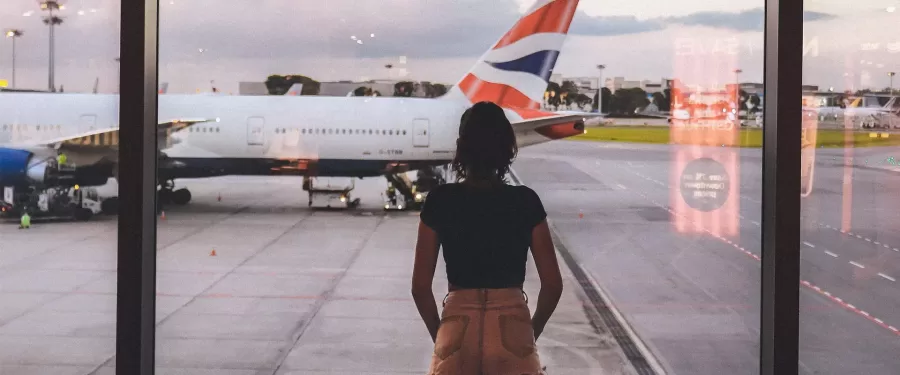
Can Batteries Explode in Checked Luggage?
Concerns about exploding batteries in checked baggage are justified, largely due to factors such as pressure changes and potential physical damage during transportation, and placing lithium battery packs in checked baggage increases the risk.
To reduce this risk, most airlines prohibit lithium battery packs in checked baggage. Instead, lithium batteries must be carried in the cabin with you. This way, you can keep a close eye on the battery packs to ensure they are not exposed to any unnecessary risks.
For carry-on baggage, lithium battery packs must be individually protected against short circuits. It is recommended to place the lithium battery pack in a safe place in your backpack or suitcase to avoid a collision.
What Happens If You Check A Bag with A Lithium Battery?
The effects on travelers who put their lithium battery packs in checked luggage by accident might be serious. It is more likely to be rejected by the Transportation Security Administration (TSA). For security reasons, the TSA prohibits checking spare lithium batteries in baggage.
If you are found trying to check luggage with a lithium battery, the TSA could take the battery and deny you boarding the flight. You may be able to get an exemption from the TSA in some situations if you can prove that the battery is required for medical treatment. You must, however, call the TSA ahead of time to request an exemption and provide evidence about the battery.
Lithium batteries can overheat and catch fire if they are properly packed or put in high conditions. Indeed, there have been multiple reports of lithium batteries bursting in checked baggage, resulting in flames and even injuries.
If you must pack a lithium battery in your checked luggage, it is important to take the following precautions:
- Pack the battery in the original packaging. This will help to protect them from damage and make it easier for the TSA to inspect them.
- Tape over the terminals of the battery to prevent short-circuiting.
- Pack the battery in a fireproof bag.
- Label the bag with the words “Lithium Battery”.
- It is also important to check with your airline before you travel to make sure that they have specific rules about packing lithium batteries in checked luggage.
The following activities may result in the lithium battery securely arriving at its final location. However, it is best to store it in your carry-on luggage, since this is the best place for it!
Can You Bring A Charger on A Plane in 2025?
In 2025, you can bring a charger on a flight. Chargers are not dangerous items and are permitted in both carry-on and checked luggage. However, the size and power of chargers that you may bring on a plane are limited.
Chargers for carry-on luggage must be no greater than 100 watts and fit in a single quart-sized bag. For checked luggage, there are no size limits on chargers, but the total weight of all chargers in your luggage must be less than 2 kilograms (4.4 pounds).
It should be noted, however, that most airlines require you to keep them in your carry-on luggage. This allows you to quickly reach them during your travel and lowers the chance of damage or loss.
Why Is It Dangerous to Use A Portable Charger on An Airplane?
Because of the risk of fire, using a portable charger on an airplane can be dangerous. Lithium-ion batteries, which are known to be explosive under certain situations, are frequently found in portable chargers. The following are the main reasons why using a portable charger on a plane might be dangerous:
- Heat Buildup: During charging and discharging, lithium-ion batteries can create heat. If a portable charger fails or is damaged, considerable heat can build up, raising the danger of a fire.
- Overheating: Temperature and pressure conditions in the cabin are different from the usual environment. Tight spaces and a lack of cooling can cause high temperatures, worsening any heat-related problems with portable chargers.
- Short Circuit or Thermal Runaway: A short circuit in the portable charger or the battery itself might cause an issue known as a thermal runaway. This can cause the battery to overheat quickly and create flammable gases, resulting in a fire or explosion.
To minimize these risks and ensure the safety of everyone on board, airlines and regulators often have strict rules and regulations regarding the use of portable chargers during flights.
Passengers are usually required to keep their portable chargers in their carry-on luggage and not to use or charge them during the flight. It is important to follow these guidelines to prevent any potential accidents or incidents related to the use of portable chargers on airplanes.
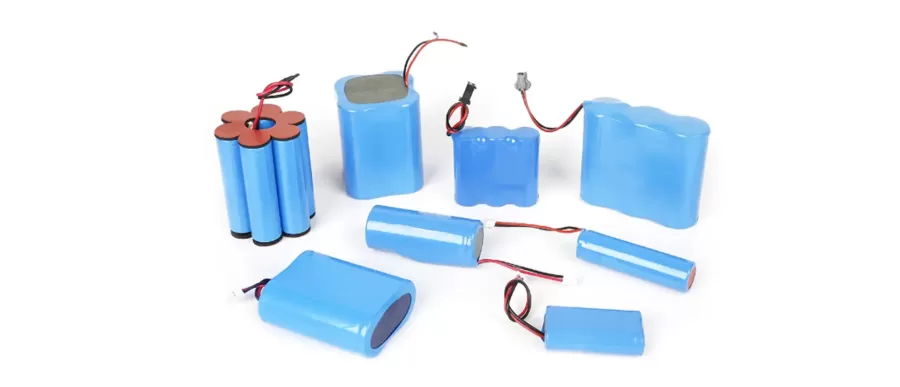
CMB Lithium Ion Battery Packs (100Wh)
How Can You Customize the Lithium Battery Packs That You Can Carry And Transport on Airplanes?
The air travel application for lithium battery packs on planes has grown in favor in recent years. Finding a dependable and experienced manufacturer of customized lithium battery packs is becoming more essential as demand for power rises.
Understanding Lithium Battery Regulations for Air Travel
To avoid more migraines, identify yourself with the exact requirements set by your preferred airline or government company.
Choosing the Professional Manufacturer – CM Batteries
To enhance lithium battery packs for air travel, it’s crucial to collaborate with a specialist manufacturer like CM Batteries. They are a reputable and reliable supplier known for producing dependable and compliant lithium battery solutions. Their CTO with over a decade of experience will provide useful insights and solutions based on your specific needs.
Identifying Your Needs
Custom lithium ion battery packs for air travel, analyze your needs and requirements first. Battery capacity, size, weight, and voltage are all important considerations. Tell CMB what you need so they can make a battery pack that meets your goals and follows flight rules.
Designing a Safe and Compliant Battery Pack
CMB will work closely with industry specialists to verify that your lithium battery pack for air travel meets safety requirements. Meeting UN/DOT 38.3, IATA Dangerous Goods, and ICAO standards is crucial. CMB will build a battery pack that fits your needs while focusing on safety by using advanced technology and technical skills.
Testing and Certification
CMB will test the battery pack to verify it satisfies exacting requirements and performance standards. We include environmental testing, vibration testing, shock testing, and additional tests. CMB may also help with getting battery certification from regulators, thereby ensuring conformity with aviation guidelines.
In summary, you can usually bring a lithium battery pack on a plane, but it’s important to follow safety rules to reduce risks. However, creating custom lithium ion battery packs for air travel is not easy. Working with a valued manufacturer, such as CMB, helps ensure your battery pack conforms with flight rules and works efficiently.

